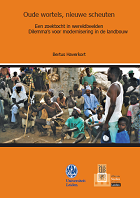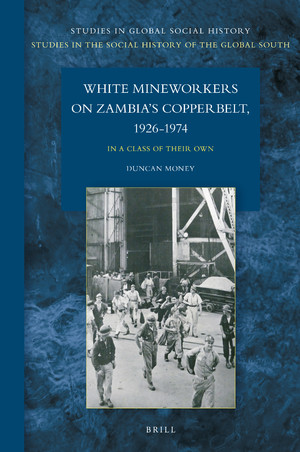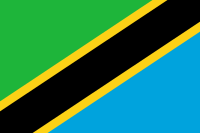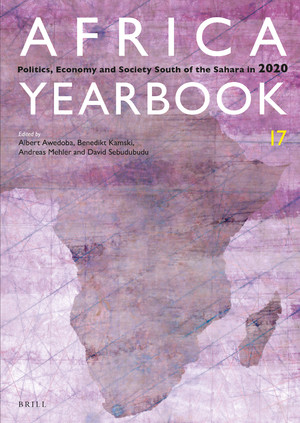New publications
New publications by ASCL staff and affiliates, and new books in our series, are frequently highlighted on this website. You may also use this RSS feed to keep informed. All recently added publications can be found in our database.
 Bertus Haverkort is de oudste zoon van een boerengezin op de zandgronden in Slagharen. Hij geniet van modernisering op de boerderij van zijn jeugd, omdat dit het werk verlicht en de opbrengsten verbetert. Met in zijn bagage een dosis moderne landbouwkennis uit Wageningen, trekt hij eropuit. In Colombia, India, Bolivia en Ghana werkt hij aan programma’s waarbij overdracht van westerse kennis het doel is. De resultaten vallen tegen. De aanpak blijkt niet te werken. Hij plaatst geleidelijk aan vraagtekens bij de toepasbaarheid van de westerse kennis in situaties waar de ecologie, economie en cultuur zoveel verschillen.
Bertus Haverkort is de oudste zoon van een boerengezin op de zandgronden in Slagharen. Hij geniet van modernisering op de boerderij van zijn jeugd, omdat dit het werk verlicht en de opbrengsten verbetert. Met in zijn bagage een dosis moderne landbouwkennis uit Wageningen, trekt hij eropuit. In Colombia, India, Bolivia en Ghana werkt hij aan programma’s waarbij overdracht van westerse kennis het doel is. De resultaten vallen tegen. De aanpak blijkt niet te werken. Hij plaatst geleidelijk aan vraagtekens bij de toepasbaarheid van de westerse kennis in situaties waar de ecologie, economie en cultuur zoveel verschillen.
 Life and work on the Zambian Copperbelt - a concentrated industrialised mining region along the border with DR Congo - has been a perennial subject for Africanist historians. In this book, Duncan Money for the first time focusses on the white mineworkers who monopolised skilled jobs on the mines from the 1920s to the 1960s and became one of the most affluent groups of workers on the planet. Money argues that this group was a highly mobile global workforce which constituted, and saw itself as, a racialised working class.
Life and work on the Zambian Copperbelt - a concentrated industrialised mining region along the border with DR Congo - has been a perennial subject for Africanist historians. In this book, Duncan Money for the first time focusses on the white mineworkers who monopolised skilled jobs on the mines from the 1920s to the 1960s and became one of the most affluent groups of workers on the planet. Money argues that this group was a highly mobile global workforce which constituted, and saw itself as, a racialised working class.
 On the occasion of the 'Africa 2020' year, the ASCL created Infosheets about the countries that became independent in 1960. One year later, Tanzania was the second in line (after Sierra Leone): it became politically independent as Tanganyika on 9 December 1961. In 1963 also Zanzibar became independent and in 1964 the two independent areas became the United Republic of Tanzania.
On the occasion of the 'Africa 2020' year, the ASCL created Infosheets about the countries that became independent in 1960. One year later, Tanzania was the second in line (after Sierra Leone): it became politically independent as Tanganyika on 9 December 1961. In 1963 also Zanzibar became independent and in 1964 the two independent areas became the United Republic of Tanzania.
 The Africa Yearbook, published by Brill, covers major domestic political developments, the foreign policy and socio-economic trends in sub-Sahara Africa - all related to developments in one calendar year. Volume 17 of the Africa Yearbook covers the developments in 2020, a year dominated by the COVID-19 pandemic. Jon Abbink wrote the chapters on Somalia and Ethiopia, while Klaas van Walraven authored the chapter on Niger.
The Africa Yearbook, published by Brill, covers major domestic political developments, the foreign policy and socio-economic trends in sub-Sahara Africa - all related to developments in one calendar year. Volume 17 of the Africa Yearbook covers the developments in 2020, a year dominated by the COVID-19 pandemic. Jon Abbink wrote the chapters on Somalia and Ethiopia, while Klaas van Walraven authored the chapter on Niger.

